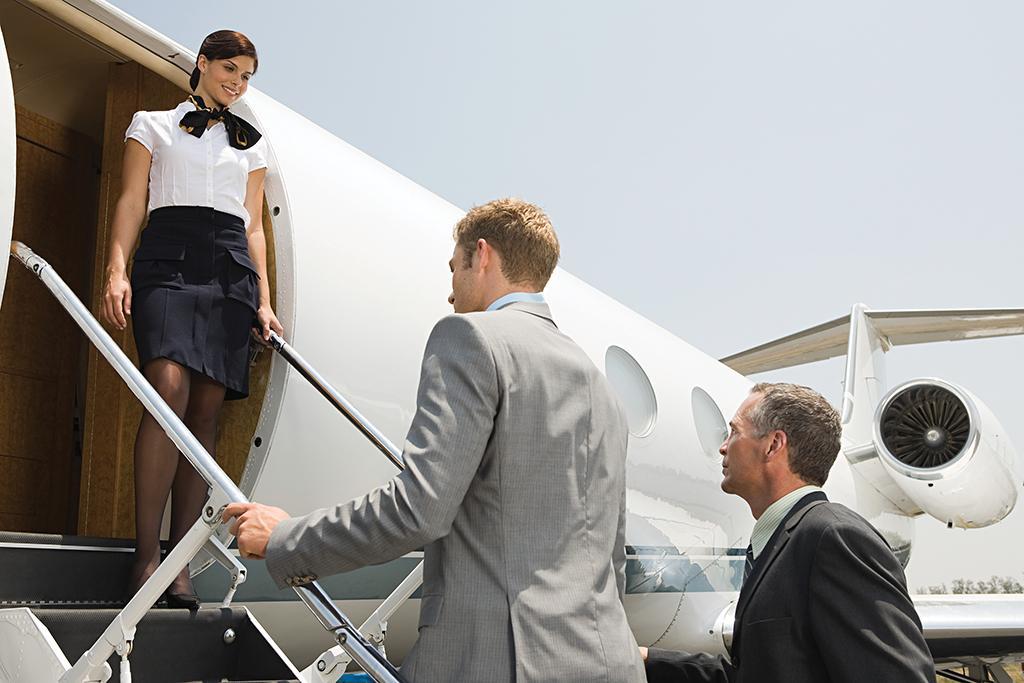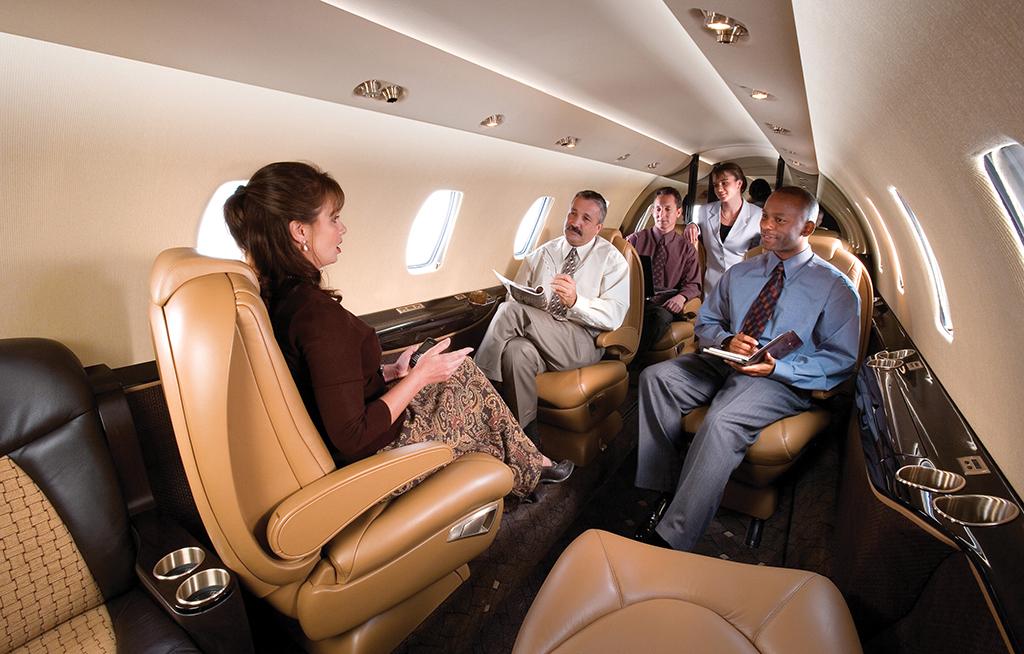Checklist: Schedulers and Dispatchers Tips To Make Flight Planning More Efficient
Lee Ann Shay February 24, 2021During the NBAA Go Flight Operations Conference, six schedulers and dispatchers described what they do and provided tips on how to perform the multitasking jobs that focus on the logistics of flights—from scheduling crews and aircraft to catering, fueling and crew cars--easier. Here is some of their advice.






